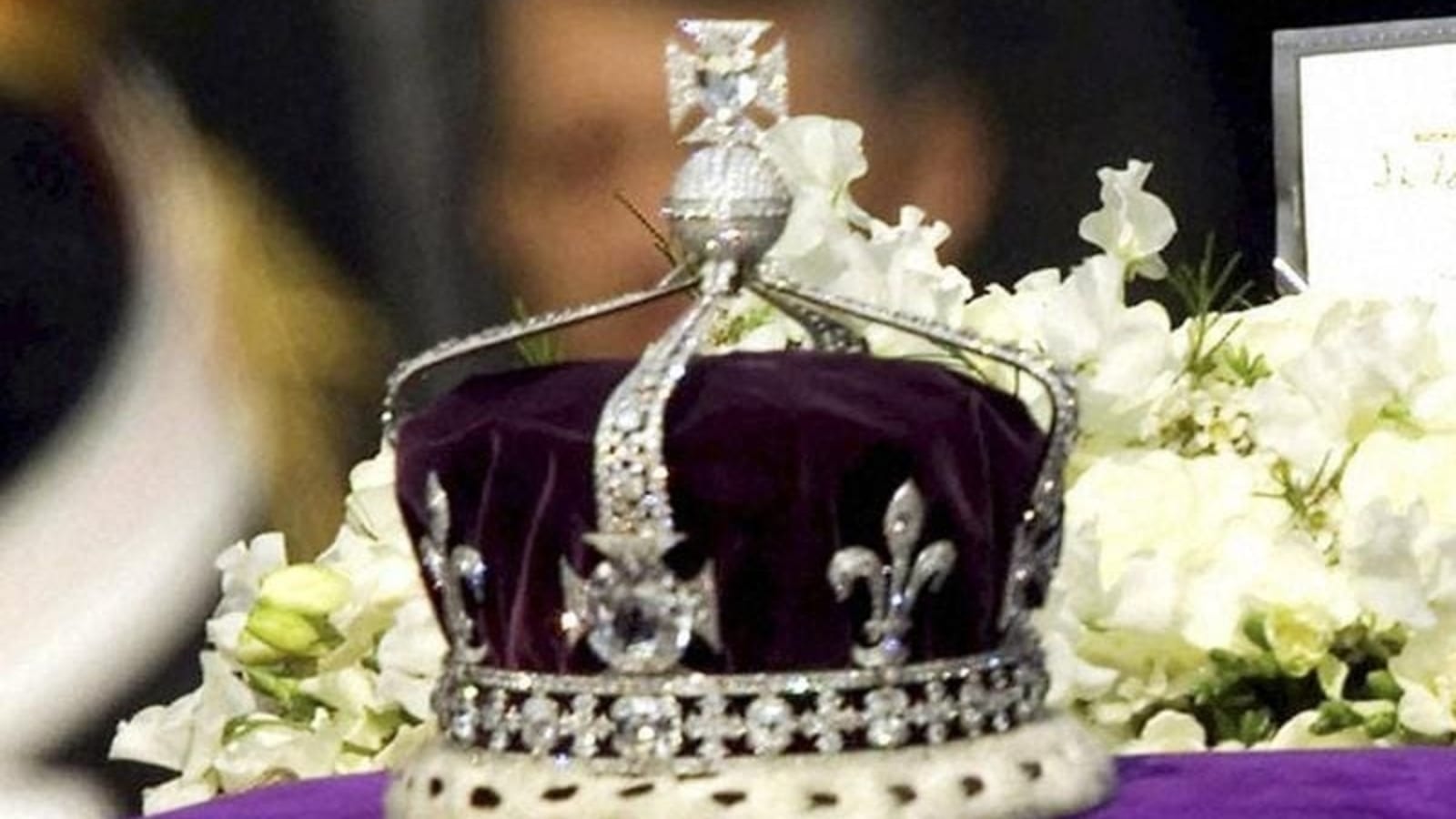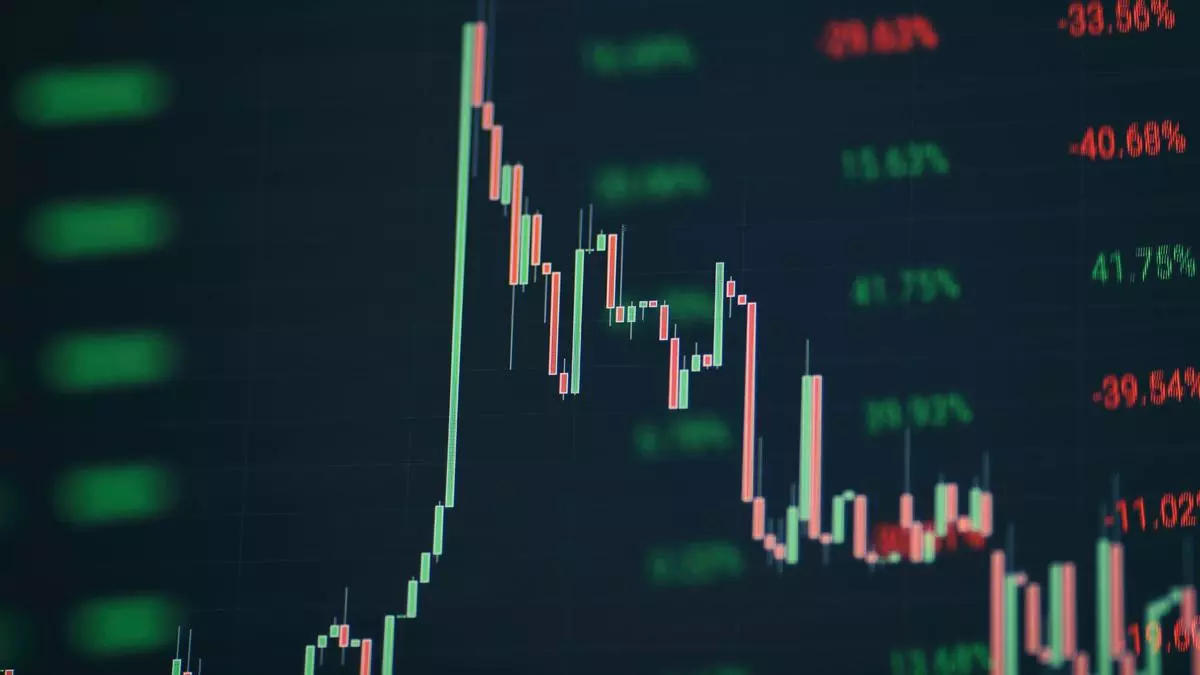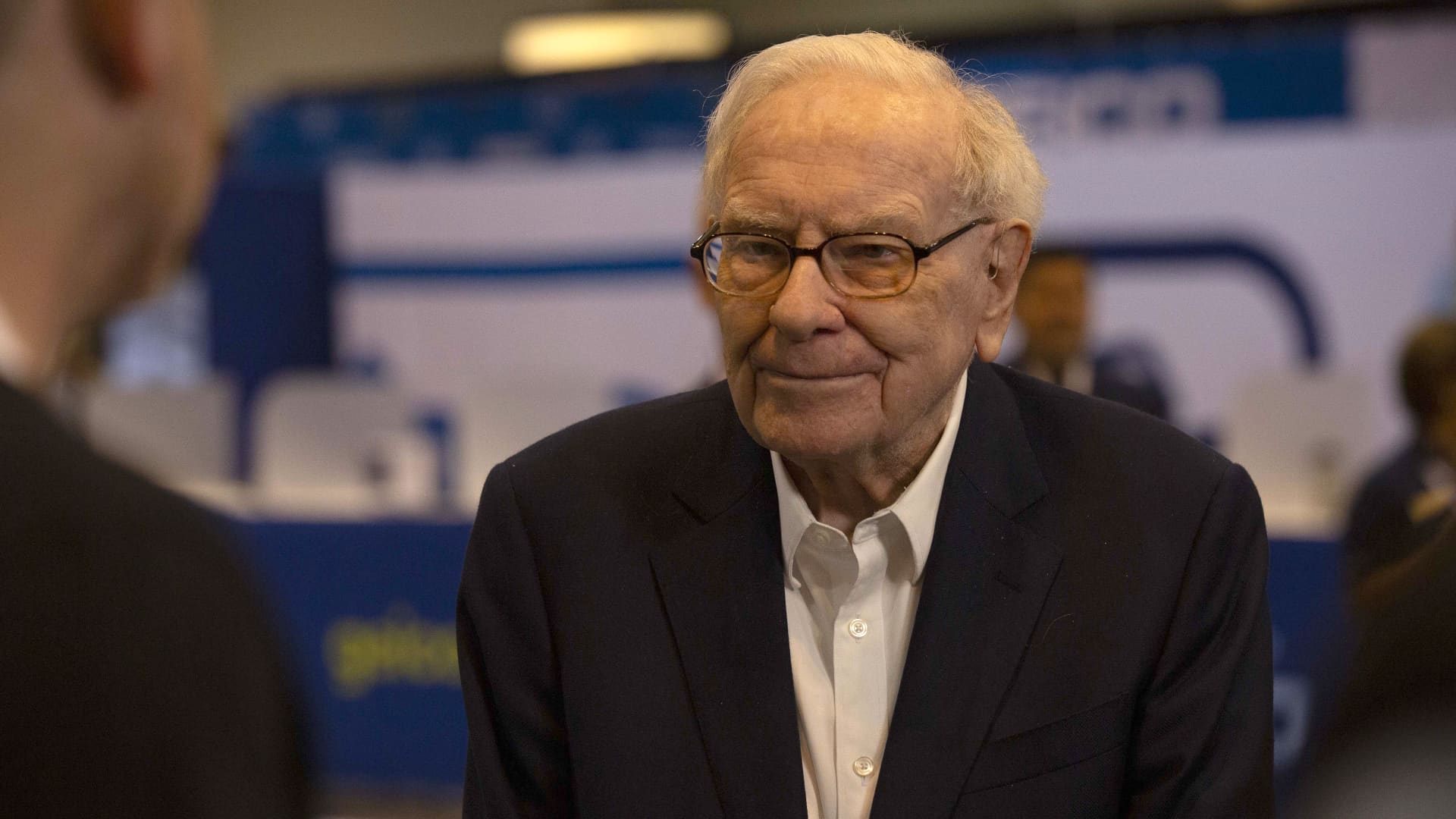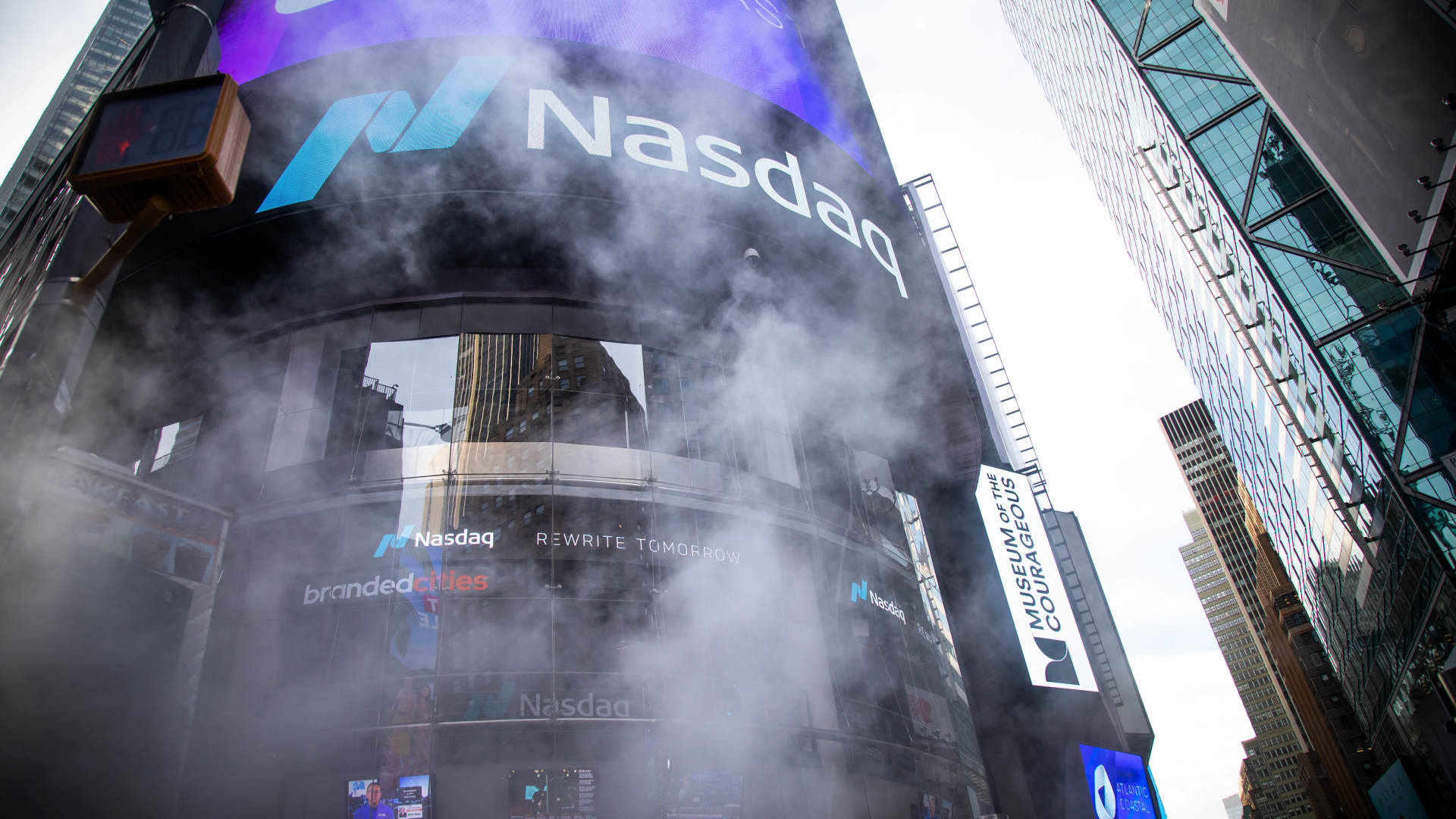The biggest state-run Chinese banks have increased their lending by 22 per cent to $1.3tn in the first nine months of the year, signalling how state groups are being directed to support the country’s economy battered by coronavirus pandemic lockdowns and a property market crisis.
In an announcement orchestrated to dovetail with President Xi Jinping’s keynote speech at the opening of the Chinese Communist party’s congress on Sunday, a group of the country’s six largest state banks released data showing Rmb9.53tn in new loans.
Most of the new cash has been directed towards Xi’s favoured industries including manufacturing, infrastructure and technology and innovation sectors. Four of the big banks also disclosed at least a 25 per cent boost in funding for “green loans”, or lending for clean energy projects, in the first three quarters.
Among six of the top lenders, the Industrial and Commercial Bank of China, the world’s biggest bank by assets, and Agricultural Bank of China, the country’s third-largest lender, each extended Rmb2.2tn of loans during the first three quarters of 2022. China Construction Bank and Bank of China issued Rmb2.1tn and Rmb1.7tn, respectively.
Xi, who is now poised to lead China for an unprecedented third five-year term, promised to speed up his goal of attaining technological self-reliance. He also vowed to accelerate China’s shift to clean energy.
Indicating that he was still focused on closing the gap between the rich and poor, Xi said “development is the party’s first priority, the utmost mission” and that China’s “principal problem” remains “unbalanced and inadequate development and the people’s ever-growing needs for a better life”.
China’s economy narrowly avoided contracting in the second quarter as a resurgence of citywide lockdowns under Xi’s zero-Covid policy hammered consumption and business confidence and exacerbated the fallout from a historic property sector downturn.
State-backed financial groups have also been urged to cut loan and mortgage interest rates as Beijing tries to shore up economic growth. But despite the injection of banking credit, China’s state lenders have been unable to significantly improve business sentiment.
While many experts believe long-term structural problems such as weakening domestic demand and the housing market crisis threaten the stability of the Chinese economy, Xi did not offer hints on changes in policy direction on Sunday.
Goldman Sachs analysts said the party congress “may not be an inflection point for major policy changes”, noting Beijing’s reluctance to increase stimulus measures to boost growth.
The analysts said that compared with Xi’s speech five years ago, there was less emphasis on the economy, reform and markets and more focus on security and “modernisation”.
Still, Morgan Stanley analysts said Xi’s speech was “more balanced” compared with some forecasts that expected the leader to make a more pronounced pivot from development to security.
“Although we believe Beijing has shifted its priorities from solely on growth to balancing growth and security or sustainability in recent years, the party congress maintained the reform-era doctrine, allaying concerns about policy agenda shifting away from the economy,” they said.















